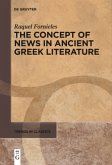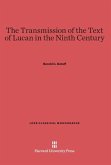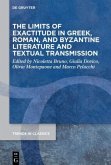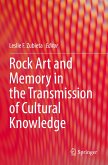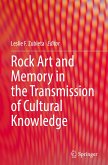The concept of news that we have today is not a modern invention, but rather a social and cultural institution that has been passed down to us by the Greeks as a legacy. This concept is only modified by the social, political, and economic conditions that make our society different from theirs. In order to understand what was considered news in Ancient Greece, a lexical study of GammaGamma and all of its derivatives attested in a representative corpus of the period spanning from the second millennium BC to the end of the fourth BC has been conducted. This piece of research provides new contributions both to studies in Classics (there are hardly any studies on the transmission of news in Antiquity) and in journalism. This study also reveals an interesting point: the presence of false news - similar to current fake news - in ancient Greek literature, especially in tragedy and historiography when it comes to the use of the derivatives of GammaGamma .
Bitte wählen Sie Ihr Anliegen aus.
Rechnungen
Retourenschein anfordern
Bestellstatus
Storno


